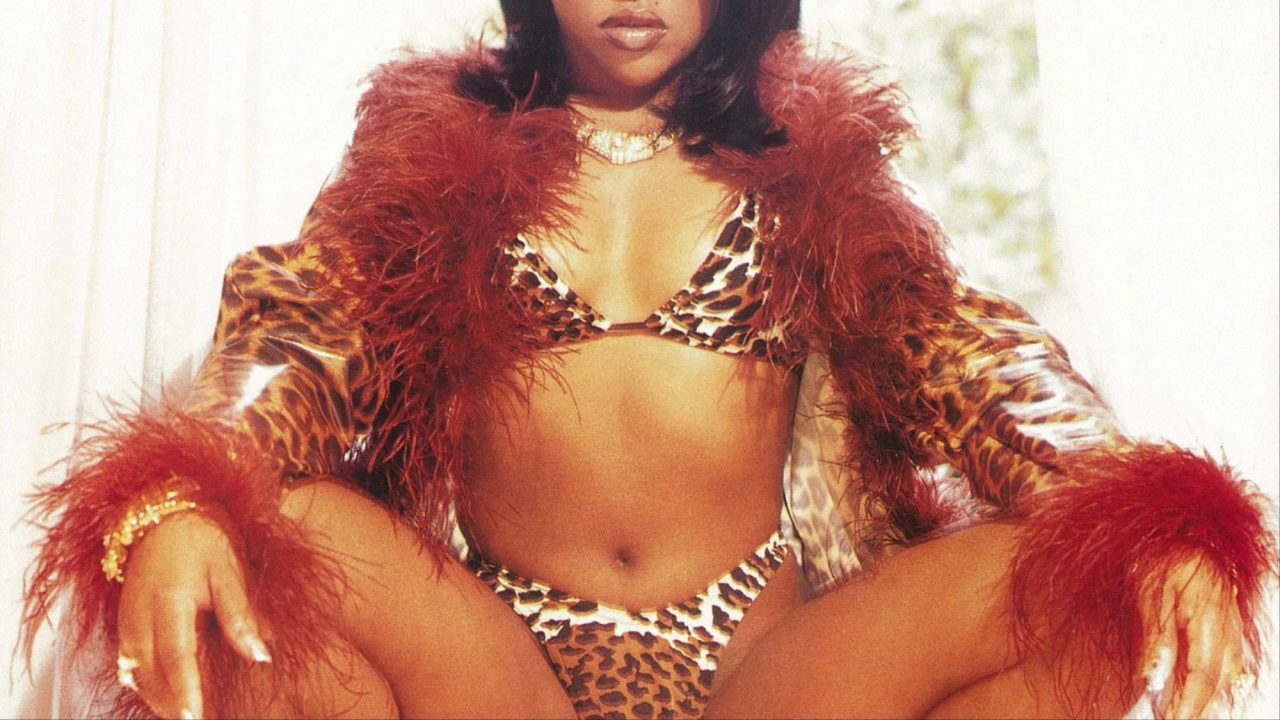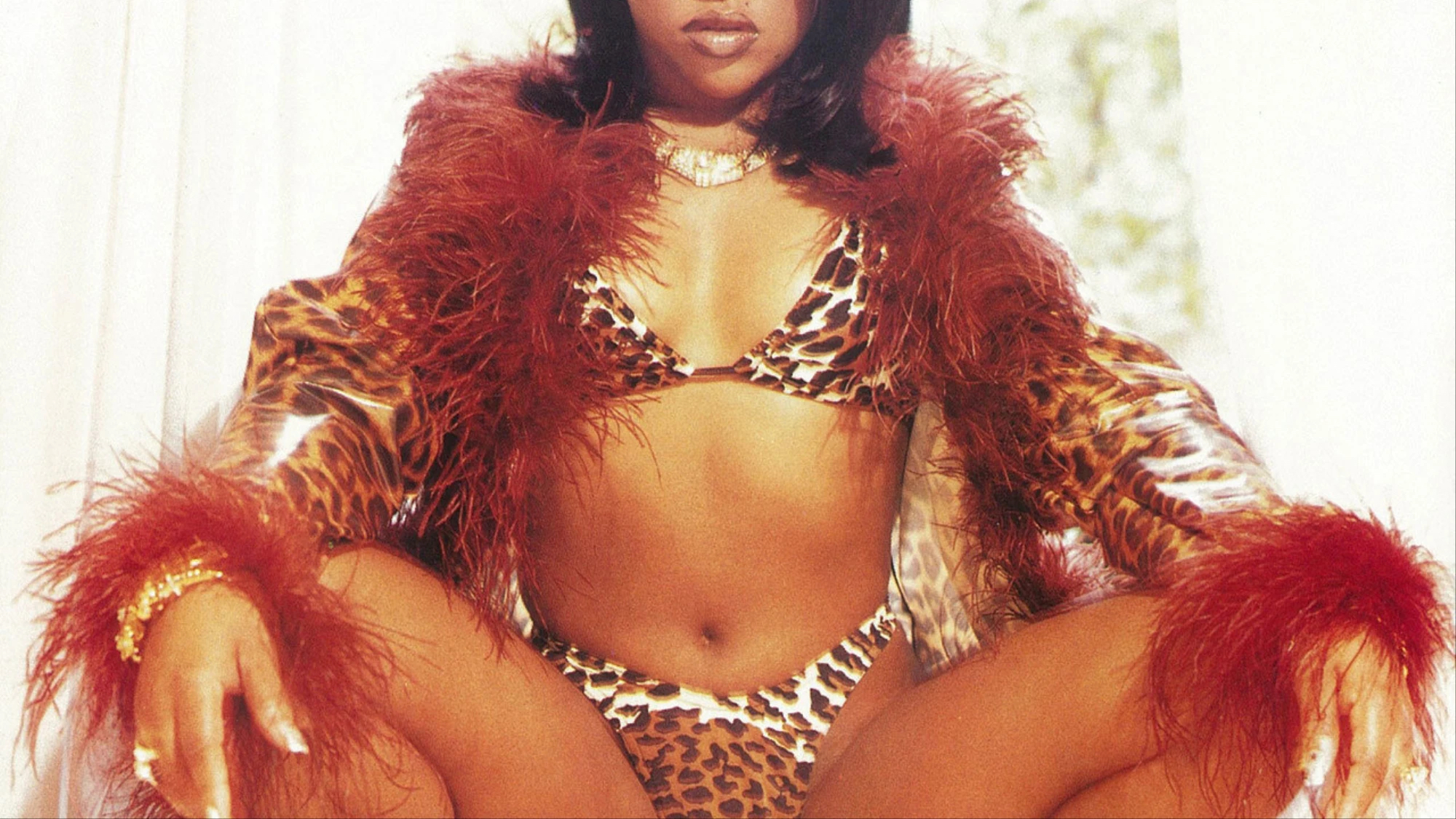
For generations, the conversation of sex within the Black community has become uncomfortable or overwhelmed with misconceptions and misinformation. The most sensitive subject within such dialogue is often the sexual experiences and sexual health of Black women. From sex work to romantic partners, Black women’s bodies are seen as commodities to be consumed yet are simultaneously devalued and shamed for hypersexuality and sexual expressiveness. The perspective of Black sexuality is seen through the lens of heterosexual cis-gendered men, explaining the over-sexualization and deprivation of Black women for having the same sexual desires that they are excused for.
Research also contributes to the portrayal of Black women as sexually available or engaging in sexual risk-taking behaviors rather than sexually autonomous or sexually responsible. Instead of educating women about their bodies, Black women are overwhelmed with the emphasis on prevention instead of pleasure. An example of this is the plethora of sexual research about Black women and their sexual health. These statistics that often show consistently high rates of sexually transmitted diseases (STDs) and unintended pregnancy, yet not enough conversation about the healthy aspects of sex, let alone sex health concerning the female genitalia. Such dedication to this kind of research discourages Black women. It makes them more sexually conscious of those risks, health disparities between Black and white women, and the types of sexual behaviors they engage in. Because of this, Black women do not have a healthy relationship with sex or healthy sexual relationships. The constant exposure to the negative consequences of sex overflows with stigma, stereotypes, and bias towards sex health that follows Black women throughout their lives. Such an approach not only makes Black women more closed off to sexual promiscuity but also affects how they view themselves and relationships, causing many to feel ashamed of their natural sexual identity and behaviors.
Even in their youth, peers constantly monitor the sexual maturity of Black women. From parents to complete strangers, they are overwhelmed with preventative measures or encouraged to practice celibacy. Yet, when compared to the sexual maturity of men, Black men are commonly sexually active by the age of fifteen, showing the lowest median within Dawn Upchurch’s research article. In their adolescence, they are encouraged to partake in sex at a very young age, yet women are suppressed from exploring their sexual urges. Within these findings, there are blatant contradictions between the opinions of Black men concerning promiscuity and the slut-shaming of Black women versus their actions. This sex-negative culture that projects the unwritten rules and expectations on how a Black woman should behave sexually, of course, affects sexual freedoms but alienates them as well. The more aggravating aspect of this is the awfully high rates of Black women that are sexually abused by the age of eighteen (one in four), as seen in the Ujima Community’s research, as well as the common adult-ification and grooming of young Black girls, as well as the entitlement to their bodies, that excuses those perverted behaviors (they do not in any situation). Black women are hypervisible when they exude the same sex appeal that men forbade but are somehow invisible when they are physically or verbally assaulted for simply existing.
As Black women grow more progressive and embrace their sex appeal with the aid of artists like Megan Thee Stallion and other public figures, they gradually redefine the terms “slut,” “whore,” and other terminology that is used to demean their sexual provocation. Such sex positivity and sexual autonomy through their quote-on-quote “oversexualized” music only further proves the double standard that men enforced within society. Regardless of what women wear, what they listen to, or how many sexual partners they have, there is no justification for the policing of Black women’s sexual expression. Yet despite these barriers, Black women continue to embody the enviable power over the compiling opinions of the patriarchy. Instead of allowing themselves to be defined by the stereotypical images projected by men, Black women are viewed through their own lens.

